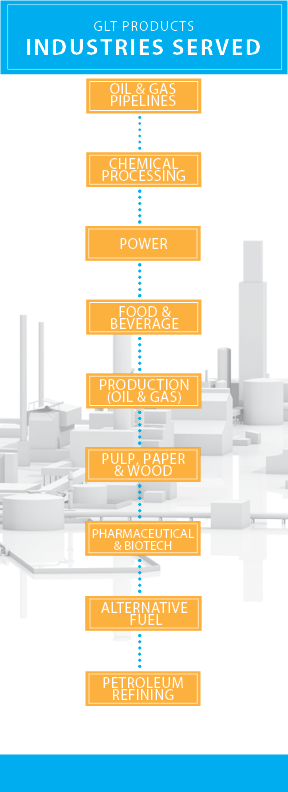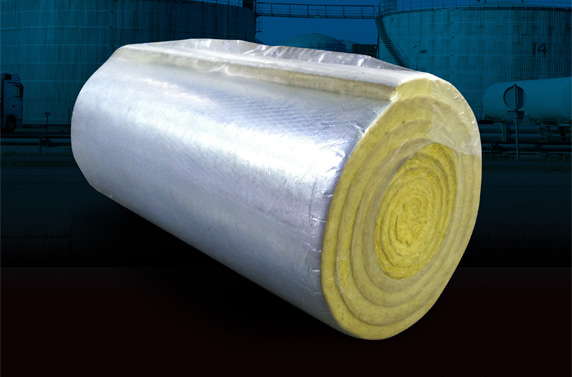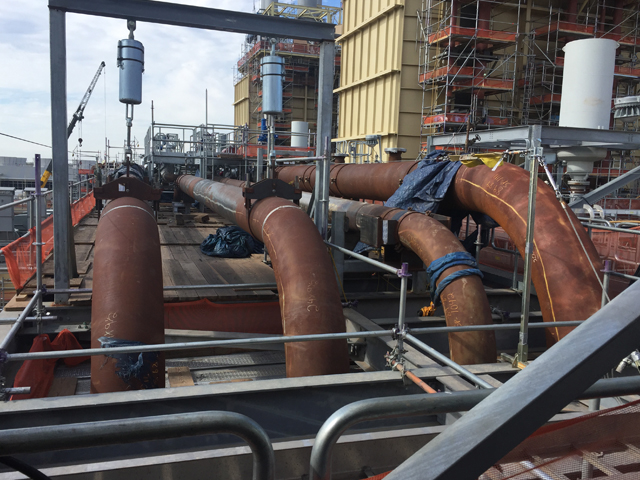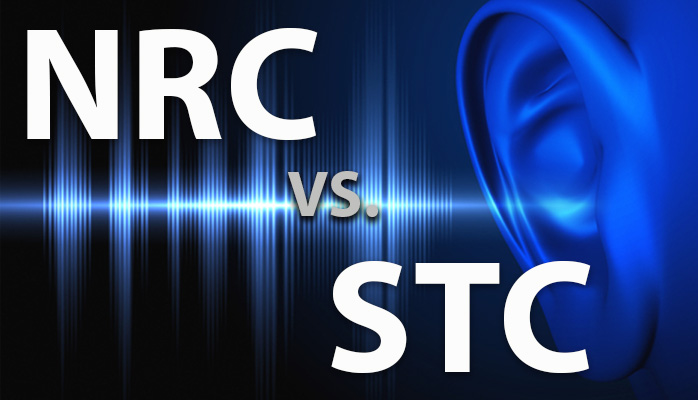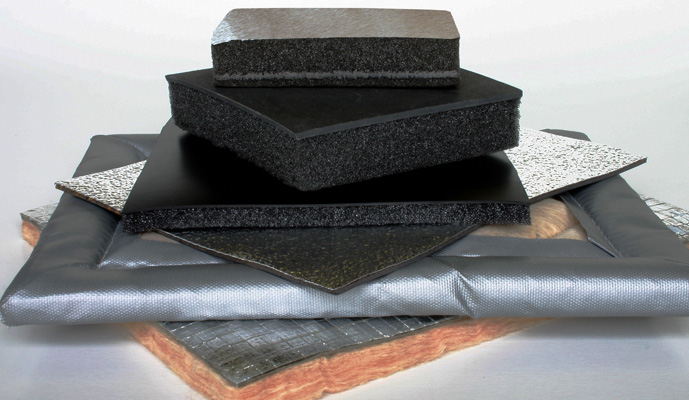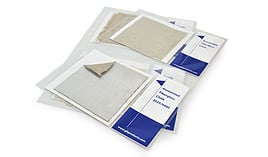The pulp and paper industry is one of the largest industrial sectors in the global marketplace. The industry manufactures a wide range of commercial paper products, including tissue paper, glossy paper, catalog paper, drawing paper, cards, newspapers, etc.
Brittney Fells
Recent Posts
Topics: mechanical insulation, industrial insulation, manufacturing process, paper, pulp and paper industry, pulp, industrial insulation industry
Electricity is a vital part of our everyday lives and powers everything we touch or do on many levels. Most of our electricity is generated from traditional fuels, such as coal, natural gas, hydro and nuclear. Renewable energy sources such as solar and wind have grown over the last few decades. What do all of these have in common? Industrial insulation.
Topics: industrial insulation, power-generating industry, power plants, electricity, Fossil Fuel Power Plant, Hydroelectric Power Plant, Solar Power Plant, Nuclear Power Plant, Coal-Fired Power Plant, Wind Power Towers
Chemical Processing Plants and Industrial Insulation
Posted by Brittney Fells on Mar 27, 2018 10:03:00 AM
The chemical industry produces more than 70,000 products that, as consumers, we interact with daily. Items such as detergents, soaps, and perfumes are just a handful of examples. These products are all purchased directly by the consumer; others are used as intermediates to make other products.
Topics: insulation industry, insulation materials, industrial insulation, Chemical Processing Industry, Chemical Facility, manufacturing process, raw material, Chemical Industry, stone wool
GLT Products has 60 plus years of experience serving a wide range of industries. Our innovative insulation solutions are suited to tackle many of today’s sustainability and energy challenges for the thermal, mechanical, and acoustical markets.
Topics: Industrial Insualtion Industry, Industries Supported, HVAC, Chemical, Food Processing, Pharmaceutical, Water Treatment, Power Generation, Pulp and Paper, Construction
Properties of Fiberglass That Make it Valuable for High-Temperature Applications
Posted by Brittney Fells on Feb 21, 2018 10:22:00 AM
Fiberglass is an immensely versatile material that offers a wide range of properties to satisfy design needs and objectives in high-temperature applications. Companies around the world select fiberglass because it’s lightweight, cost-effective, and is a practical option for industrial applications.
Topics: insulation materials, industrial insulation, properties of fiberglass, mechanical applications
Those of us that work in the industrial industry can agree the noise created within the reasonably large facilities can be unbearable. Working in demanding environments that have unpleasant noise can often pose a risk of noise-induced hearing loss (NIHL). The effects can be immediate, or it can take an extensive time for it to be noticeable.
Topics: noise pollution, Decibels, monitoring noise levels, sound
Colloquialisms of the Industrial Insulation Industry
Posted by Brittney Fells on Jan 24, 2018 9:27:00 AM
When you work in the industrial insulation industry for several years, you start to notice the number of product names that exist. Some terms you may not be familiar with and others you may hear every day. The difference in terminology can all depend on where you are located or even what part of the world you live. For example, pipe and tank wrap is called a different name based on your location. In Europe, it goes by Lamella.
Topics: Product Names, Industrial Insualtion Industry, Terminology, Colloquialisms
The two terms Noise Reduction Coefficient (NRC) and Sound Transmission Class (STC) can be confusing, and both are important to know when choosing soundproofing materials for mechanical piping systems. While one measures the build-up of noise within a space, the other measures the sound transmission between spaces. This blog will cover the difference between the two ratings.
Topics: Noise Reduction Coefficient, mechanical piping systems, NRC, STC, Noise Control, Sound Transmission Class
Why Choose one MLV (Mass Loaded Vinyl) Over the Other?
Posted by Brittney Fells on Jan 8, 2018 10:27:00 AM
There are a variety of noise barriers on the market that meet the physical performance requirements of virtually any acoustical application. In the industrial insulation world, mass loaded vinyl (MLV) is a key acoustical component for mechanical insulation projects. This blog will discuss the different MLV noise barrier products available and what applications they are best for.
Topics: Noise barrier, Mass loaded vinyl, Noise Control, Sound Transmission, Noise reduction materials
Ethane crackers are generally, very large industrial facilities converting gas to another by-product. The vast majority, are located on the Gulf Coast. The “cracker” takes ethane, a component of natural gas and processes it-or ‘cracks’ it (breaks down) into ethylene. This is done by heating the ethane, to an extreme temperature causing it to break apart the molecular bonds holding it together. Ethane is used almost exclusively as a petrochemical feedstock to produce ethylene.
Topics: ethane cracker, petrochemical plant, insulation industry



